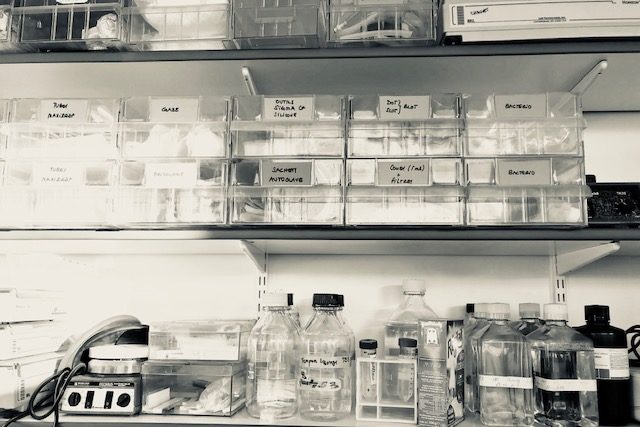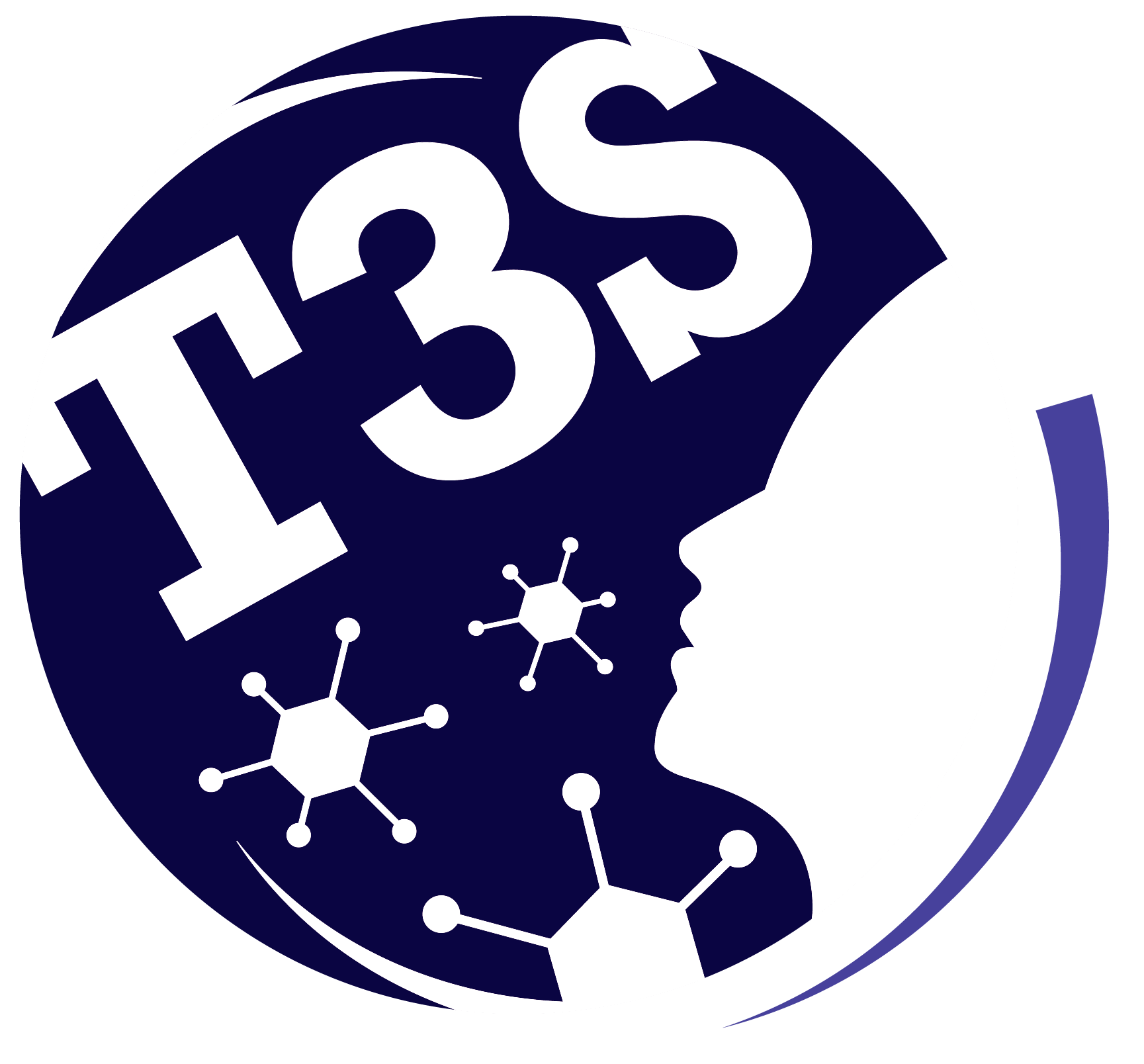Team 6 – Genetic epidemiology and functional genomics of multifactorial diseases

Genome-wide association studies have successfully identified many risk loci for multifactorial disorders and have raised key questions about (1) commonalities in the etiology and pathophysiology of distinct diseases suggesting the involvement of pleiotropy, (2) the impact of environmental influences (eg. pollutants, microbial infections, diet), environment-genome interactions and epigenetics affecting disease manifestations and (3) the requirement of molecular phenotyping to deepen the patients’ phenotypic information. Our team will focus on the characterisation of environmental factors and epigenetic marks altering genomic regulations and disease manifestations in order to detect specific and shared factors in genetic risk to distinct disorders, with a specific focus on asthma and allergic diseases, obesity and cancer . The project combines genetic epidemiology with physiological and molecular approaches (transcriptomics, epigenomics, metabolomics) in humans and in models of spontaneous or experimentally induced asthma and obesity in rats and mice. The development of statistical tools and mathematical models is a central objective in order to take advantage of the wealth of genomic information that will be generated towards the identification of disease predictive biomarkers and potential therapeutic targets and the definition of fundamental mechanisms accounting for environmental and epigenetic influences modulating genetic risk.
Team leader
- Dominique Gauguier, INSERM researcher, DR-INSERM, Genetic Epidemiology and functional Genomics of Multifactorial Diseasesdominique.gauguier@-Code to remove to avoid SPAM-inserm.fr
Members
- Jules Russick, Post-doctoral fellow, Genetic Epidemiology and functional Genomics of Multifactorial Diseasesjules.russick@-Code to remove to avoid SPAM-inserm.fr, room P471


